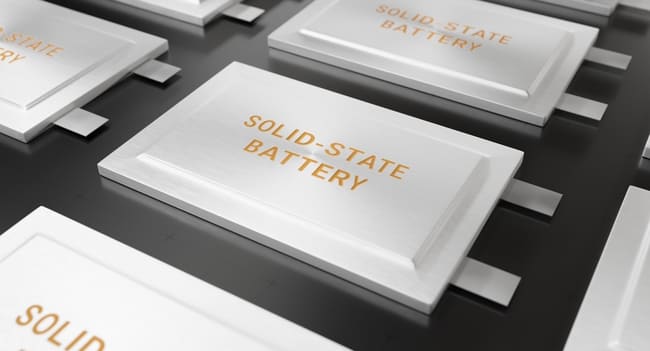
If you haven’t heard of solid state car batteries, you will. In 2022, all-solid state cells will enter the automotive qualification process and could be on the market as soon as 2025.
Electric Car Batteries
If you currently own an electric car, or a hybrid, then you probably know that it is powered by either lithium-ion, lead-acid, nickel-metal hydride, or ultra-capacitor batteries. Most EV, electric vehicle batteries will last about 10-20 years before needing to be replaced. Replacing an EV battery can be a costly endeavour resulting in many new car buyers being hesitant to purchase an electric car. The charging time can be a challenge as well, taking from about 30 minutes to as much as half a day depending on the size of your battery or how fast your charging station is. This brings us to:
Solid State Car Batteries
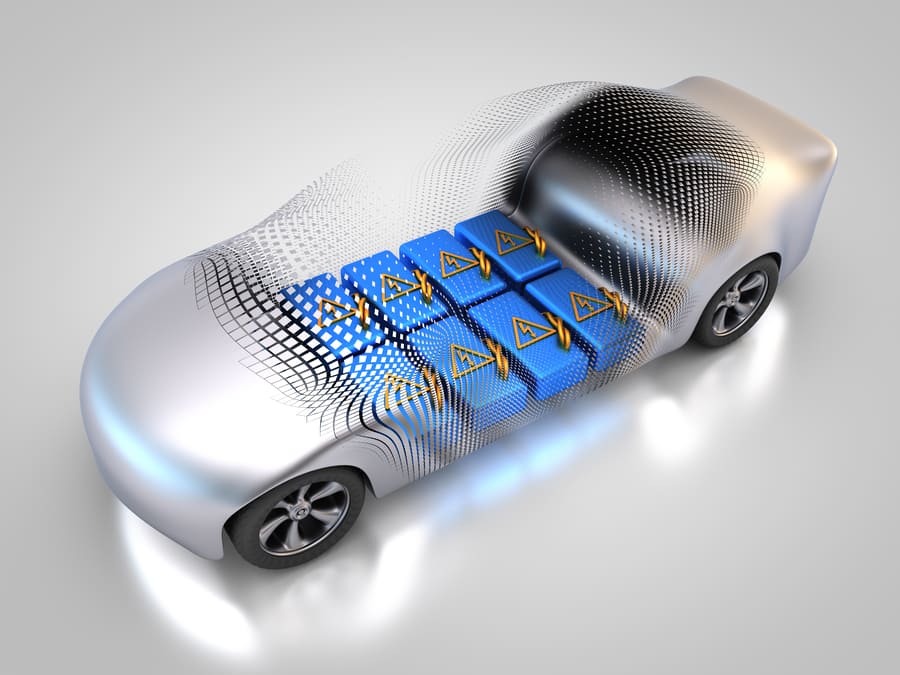
While not necessarily less expensive, solid state batteries with a higher energy density, promise to store up to 50% more energy, charge faster, be more stable and safer than lithium-ion batteries. Solid-state batteries are not made of heavy liquid electrolytes as is the situation with lithium-ion batteries, rather they contain solid electrolytes. Solid electrolytes can be ceramics, glass, or other solid materials.
As is the case with most new technology, they are likely to be pricey when they first hit the market, decreasing in cost as demand increases. It is also quite probable that they will become cheaper to manufacture than previous EV batteries. A further benefit is that they could increase the lifetime of EVs to that of conventional gasoline cars, (about 10-15 years).
Solid State Battery Cars
Electric vehicles provide us with the ability to travel, explore, and experience freedoms that public transport does not offer, without greatly impacting our environment.
You may not be convinced that an electric vehicle is right for you, and there are some disadvantages, such as price, a lack of charging points, and short driving distances. However, with the advent of solid state battery vehicles, new innovations and mass production, this will most likely change in the not-so-distant future.
Solid state battery cars are definitely on the horizon. Many consumers have been hesitant to switch from a conventional car to an EV, but the innovations that are promised will more than likely persuade them to rethink their options.
Who will be first?
Toyota has always been a name in EV technology since they brought their hybrid technology on the market in 1997 and can currently count over 15 million drivers as their customers.. Always in search of new innovation, Toyota stated in 2020 that it was working on prototypes using solid state batteries and confirmed in 2022, that it plans to begin selling vehicles using solid-state batteries as early as 2025. However, it was stated that the first vehicles with these innovative batteries will not be fully electric, but hybrids with the first car to get the new battery possibly being the Prius.


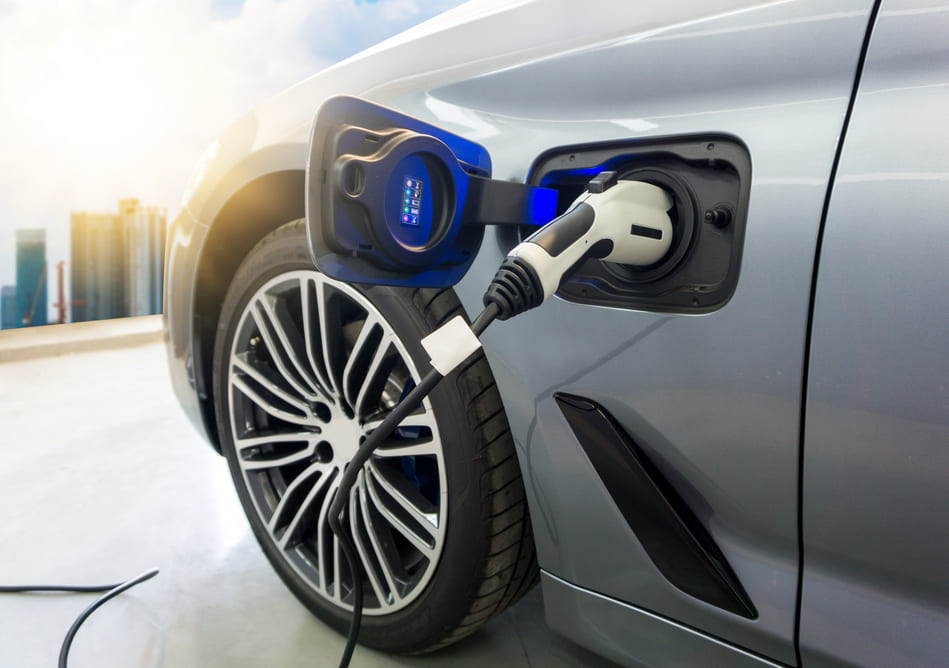
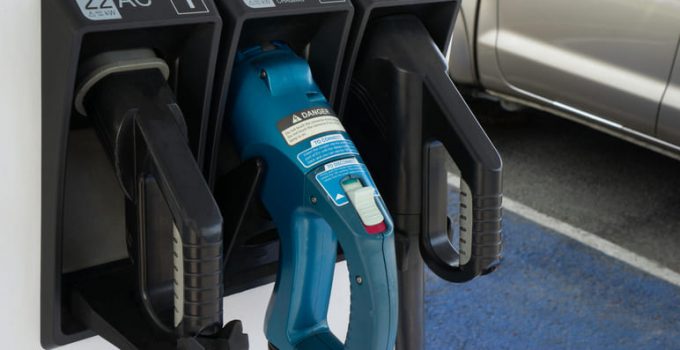
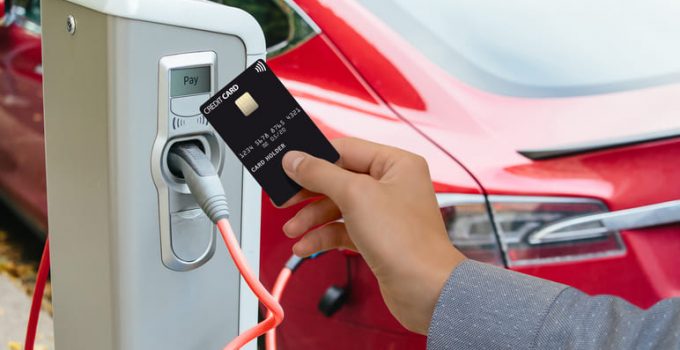
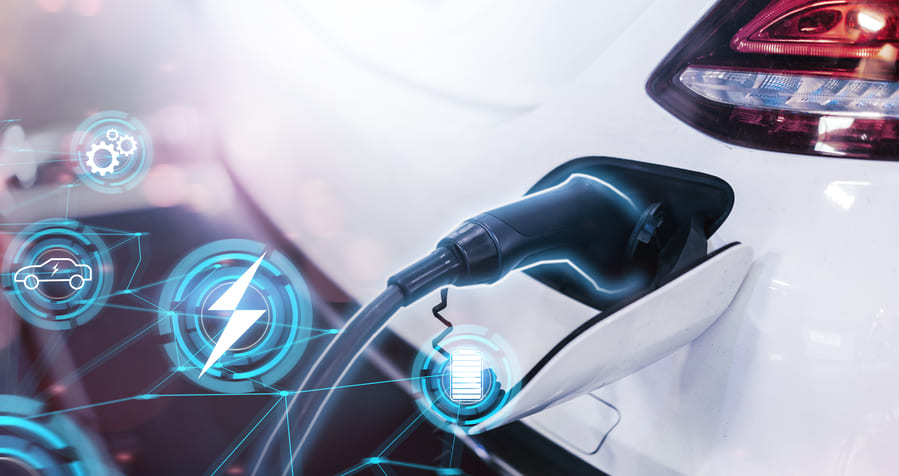

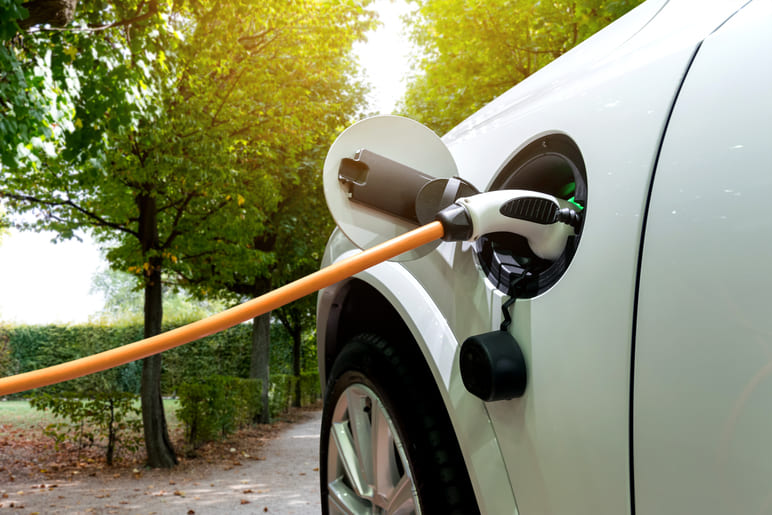
Comment